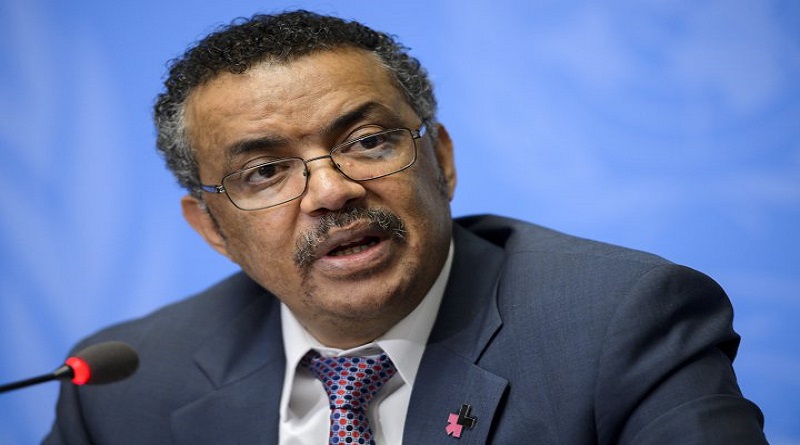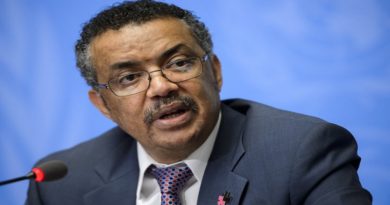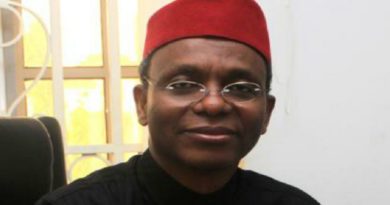WHO, MDBs kick off $1.5bn primary health financing platform with new funds and launch of first investment plans in 15 countries
Execution is starting under the new Health Impact Investment Platform on the first country health investment plans turning original commitment into operational reality. The landmark partnership between Multilateral Development Banks (MDBs), the World Health Organization (WHO) and low- and middle-income countries (LMICs) is addressing the critical need for coordinated efforts to strengthen primary healthcare (PHC) in vulnerable and underserved communities to build resilience against pandemic threats like mpox and the climate crisis.
At the high-level roundtable meeting in New York on the margins of the UN Summit of the Future in New York on Monday 23 September 2024, new funding was signed, and it was agreed that the partners will sit down and start identifying needs and planning health care improvements in 15 countries*.
The roundtable was attended by the partnership’s three founding MDBs – the African Development Bank (AfDB), the European Investment Bank (EIB), and the Islamic Development Bank (IDB) –,WHO and the heads of state, as well as finance and health ministers from Djibouti, Egypt and Ethiopia. The Asian Development Bank also attended the high-level meeting and announced their intention to join the Health Impact Investment Platform in order to expand the initiative into the regions where it operates.
The EIB and WHO signed an initial contribution of € 10 million to kick start the implementation of these investment plans. The Islamic Development Bank and the African Development Bank are finalizing their contributions for the same amount that will be signed in the near future.
The platform is a key part of an effort to unlock € 1.5 billion in concessional loans and grants to expand and improve primary health-care services in low- and middle-income countries, especially in the most vulnerable communities. The investment plans now being developed in these 15 countries, as a phase 1, are expected to make up a significant proportion of that financing effort.
The platform aims to work in close partnership with governments to develop national health strategies focused on primary health care and on prioritizing investment opportunities that meet national health needs. Today’s kick-off comes one year after the platform was announced during the Summit for a New Global Financing Pact in Paris.
Dr Ibrahima Sy, Minister of Health, Republic of Senegal said, “it’s important to bring in private sector, local communities and different forms of financing to drive health progress. The involvement of WHO, multilateral development banks and countries is critical to guiding the investments from this Platform to deliver primary health care on the ground and develop local vaccine manufacturing capacity.”
Dr Jane Ruth Aceng, Minister of Health of Uganda said, “I congratulate you for coming up with this very important platform. All our issues are actually based at primary health care level, whether it comes to disease outbreaks, whether it comes to health access, everything is at the primary health care level, and our diseases start there and end there.”
“Primary health care is the most equitable, cost-effective and inclusive way to improve health and well-being, helping to keep people healthy, prevent diseases, and detect outbreaks at their earliest stage,” said Dr Tedros Adhanom Ghebreyesus, WHO Director-General. “The Health Impact Investment Platform will be a vital source of new financing to build climate and crisis-resilient primary health care in some of the countries that need it most. WHO thanks the multilateral development banks for their partnership, and we are committed to working closely with the countries to put these funds to work and start making a difference in the communities we serve.”
Nadia Calviño, President of the European Investment Bank, said: “One year ago, we launched the Health Impact Investment Platform, and today we are taking the next steps with our contribution to help countries develop their tailored investment plans. Supporting primary health-care services is the foundation of strong communities. Working closely with fellow Multilateral Development Banks and partner countries, guided by the expertise of the World Health Organization, we are making a difference.”
“The health security of the world is only as strong as its weakest part, and the new funds announced today will help countries improve primary healthcare, which is critical to stopping disease outbreaks in their tracks,” said Jutta Urpilainen, European Commissioner for International Partnerships. “In addition to the funds, the Platform will strengthen partnerships between countries and funders to ensure funds are effectively invested.”
Before the COVID-19 pandemic, WHO estimated that to reach the health-related Sustainable Development Goals, low- and low-middle income countries needed to increase their health spending significantly and require an additional US$ 371 billion annually combined by 2030. This funding would allow populations to access health services, contribute to building new facilities and train and place health workers where they need to be. It has also been estimated that preparing for future pandemics will require investment in the order of US$ 31.1 billion annually. Approximately one third of that total would have to come from international financing.
The new Platform builds on experience gained through cooperation between countries, multilateral organizations and development banks that proved fruitful during the pandemic. For example, WHO, the EIB and the European Commission supported Angola, Ethiopia and Rwanda in strengthening their health systems. Initially launched as stand-alone programmes or as part of the countries’ response to COVID-19, these interventions mobilized technical assistance, grants and investments with advantageous terms to build up or implement primary health care related interventions.
*15 countries identified as part of phase one of the Health Impact Investment Platform are: Burundi, Central African Republic, Comoros, Djibouti, Egypt, Ethiopia, Gambia, Guinea Bissau, Jordan, Maldives, Morocco, Senegal, South Sudan, Tunisia and Zambia.




